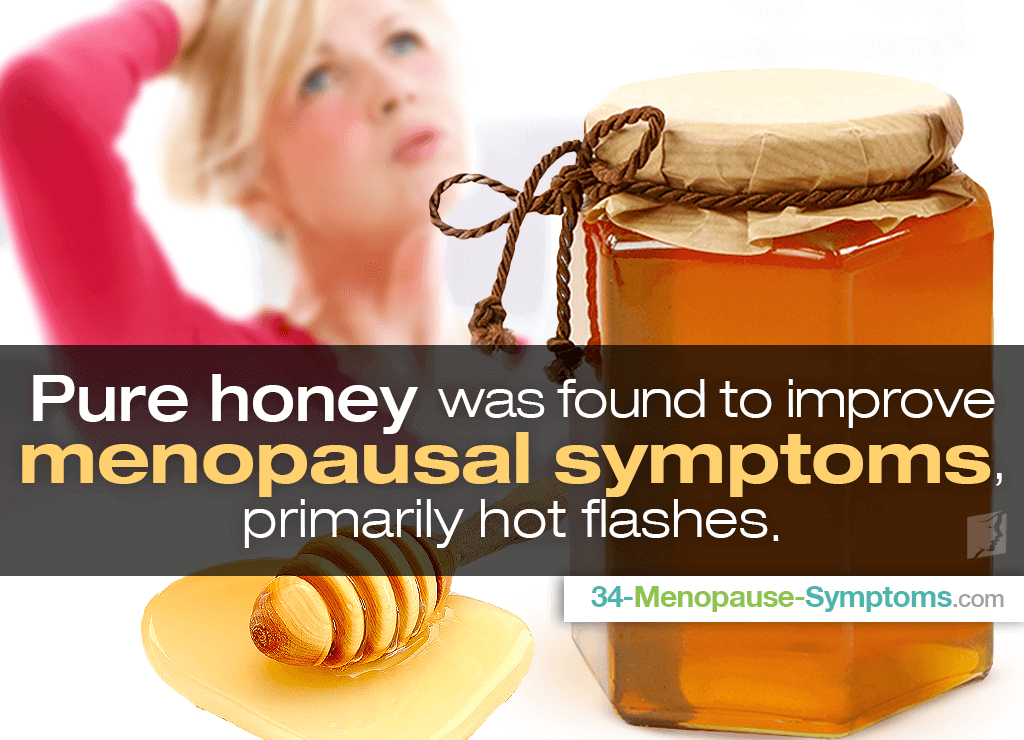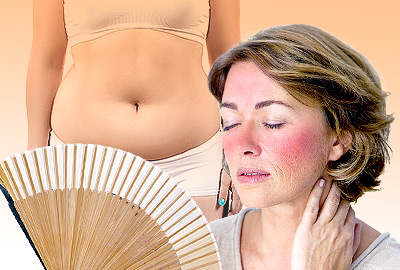Traditionally, honey has been used to treat many common illnesses, such as a sore throat and digestive problems. However, a recent study has proven the natural sweetener's effectiveness in relieving menopause symptoms.
Continue reading to learn more about using honey for menopause symptoms, proven by a recent scientific study.
Study: Honey for Menopause Symptoms
A published study in the journal of Molecular and Clinical Oncology has recently demonstrated the use of honey to improve menopausal complaints in breast cancer patients.
Forty-six participants - who had a median age of 60.8 - took part in a six-week study, during which they were instructed to receive a tablespoon of either a mixture of pollen and honey (pollen group) or pure honey (honey group).
The six-week study was broken down in the following phases:
- Weeks 1-2: Pollen group and honey group each received a tablespoon of the substance on a daily basis. After 14 days, blood samples and assessments were taken.
- Weeks 3-4: Free interval of no treatment
- Weeks 5-6: Participants received the other concoction for the next 14 days. At the end of this period, there was reassessments.
Overall, 31 participants of the 46 originally recruited completed both phases of the study, with 15 dropping out due to the intolerable taste of the pollen mixture.
Results found that pure honey worked just as well as the active pollen mixture in improving menopausal symptoms - primarily hot flashes - in breast cancer patients under anti-hormonal treatment with tamoxifen or aromatase inhibitors.
The natural sweetener was also found to exert no significant effects on cholesterol levels.
So, What Does This Mean?
While these results may prove that honey is a great addition to a menopause diet, it's not a miracle cure.
Treating menopausal symptoms naturally and effectively requires discipline to instill valuable lifestyle changes, such as:
- Regular exercise. Regular exercises promotes hormonal equilibrium by nourishing the endocrine system. It is recommended to partake in 150 minutes of weekly exercise.
- Healthy diet. On top of consuming essential vitamins and nutrients, consume foods rich in phytoestrogens, plant-based estrogens that fill the hormonal gap.
- Wholesome habits. Quitting smoking, tobacco, excessive alcohol and caffeine consumption are just a couple of examples. Also, try stress-relief activities of acupuncture, aromatherapy, yoga, and more.
Every woman is different, and what works for one may not work for another. Try a variety of treatments and see what works best for you.
Click on the following link for more information about menopause treatments, including prescribed medication and natural alternatives, so that you can go back to enjoying a symptom-free lifestyle.
Sources
- Munstedt, K. et al. (2015). Bee pollen and honey for the alleviation of hot flushes and other menopausal symptoms in breast cancer patients. Molecular and Clinical Oncology, 3(4), 869-874. doi: 10.3892/mco.2015.559




